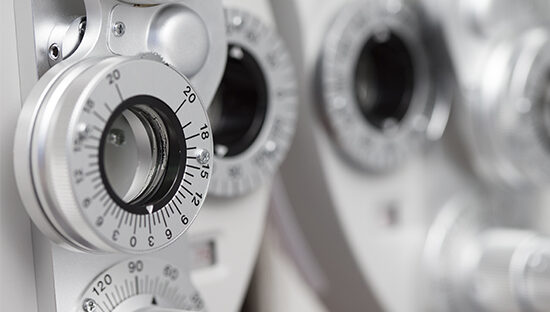
What is a biocide?
A biocide is a chemical substance or microorganism which intention is to “control any harmful organism in a way that is not purely physical or mechanical”. They are commonly used as disinfectants, oxidising agents, insect repellents and preservatives. These chemicals are usually intended to be a pesticide or an antimicrobial such as an antibiotic or antifungal.
A biocide can act alone as an active substance or as part of a biocidal product. A biocidal product is a formulation of one or more biocidal active substances along with other non-active excipients. These can be co-formulants added to achieve the desired pH, colour, odour etc. Biocidal products are used to protect animals, people, preserve goods and control viruses, bacteria, and fungi through a chemical or biological action. These products can also be without an active substance, where the active ingredient is created when the product is used. This can be either from mixing the product with another chemical or a reaction with the air e.g. creation of ozone from oxygen.
Biocides can be used by members of the public in a variety of different settings including their homes and their workplaces. As biocides are aimed to control a wide variety of harmful or unwanted organisms, it is important that there are precautions to ensure these products can be used without causing harm to people, so everyone is responsible for using them correctly and safely.
Biocide products, such as disinfectants, insect repellents and preservatives must comply with the BPR to ensure each active ingredient complies with the law. Efficacy testing such as the disinfectant efficacy test is crucial to approve your biocide product and take it to the market.
Read more about how biocides are regulated in the EU and UK.





